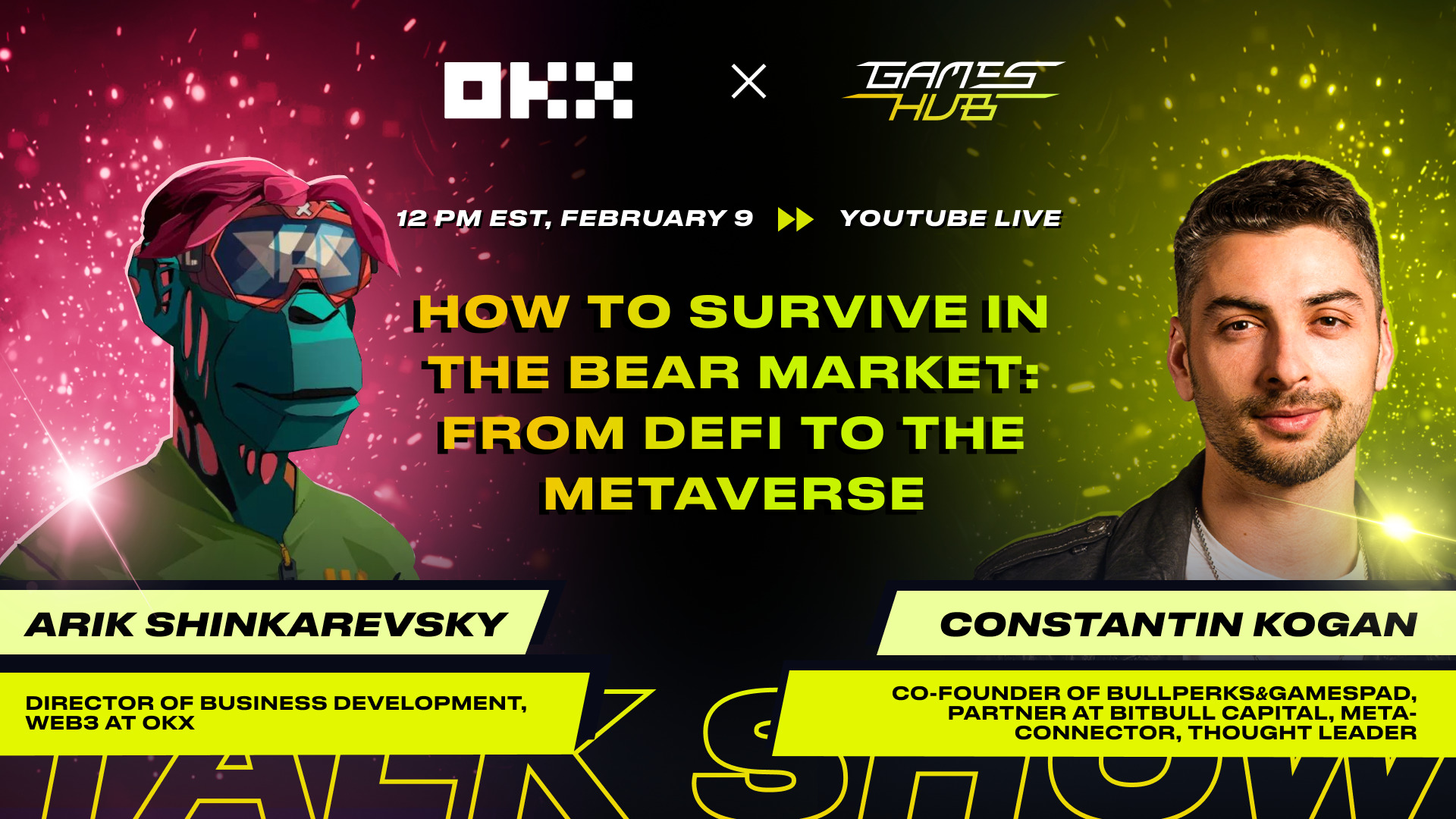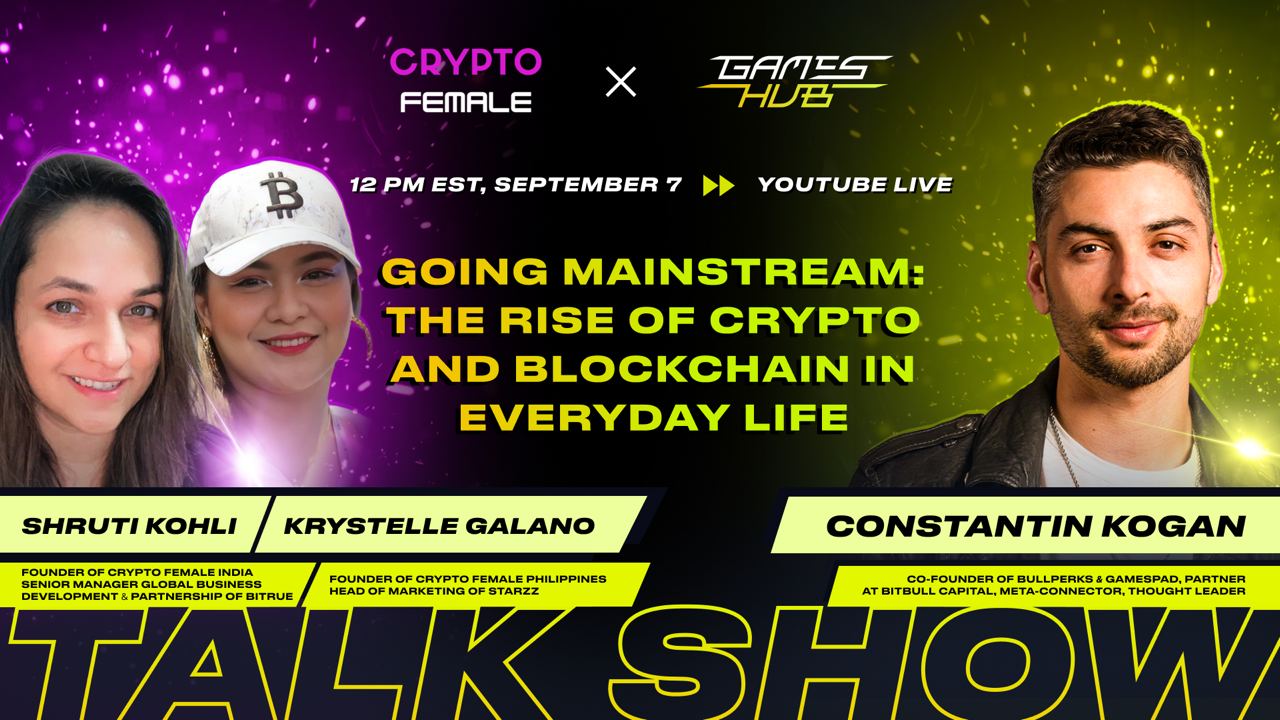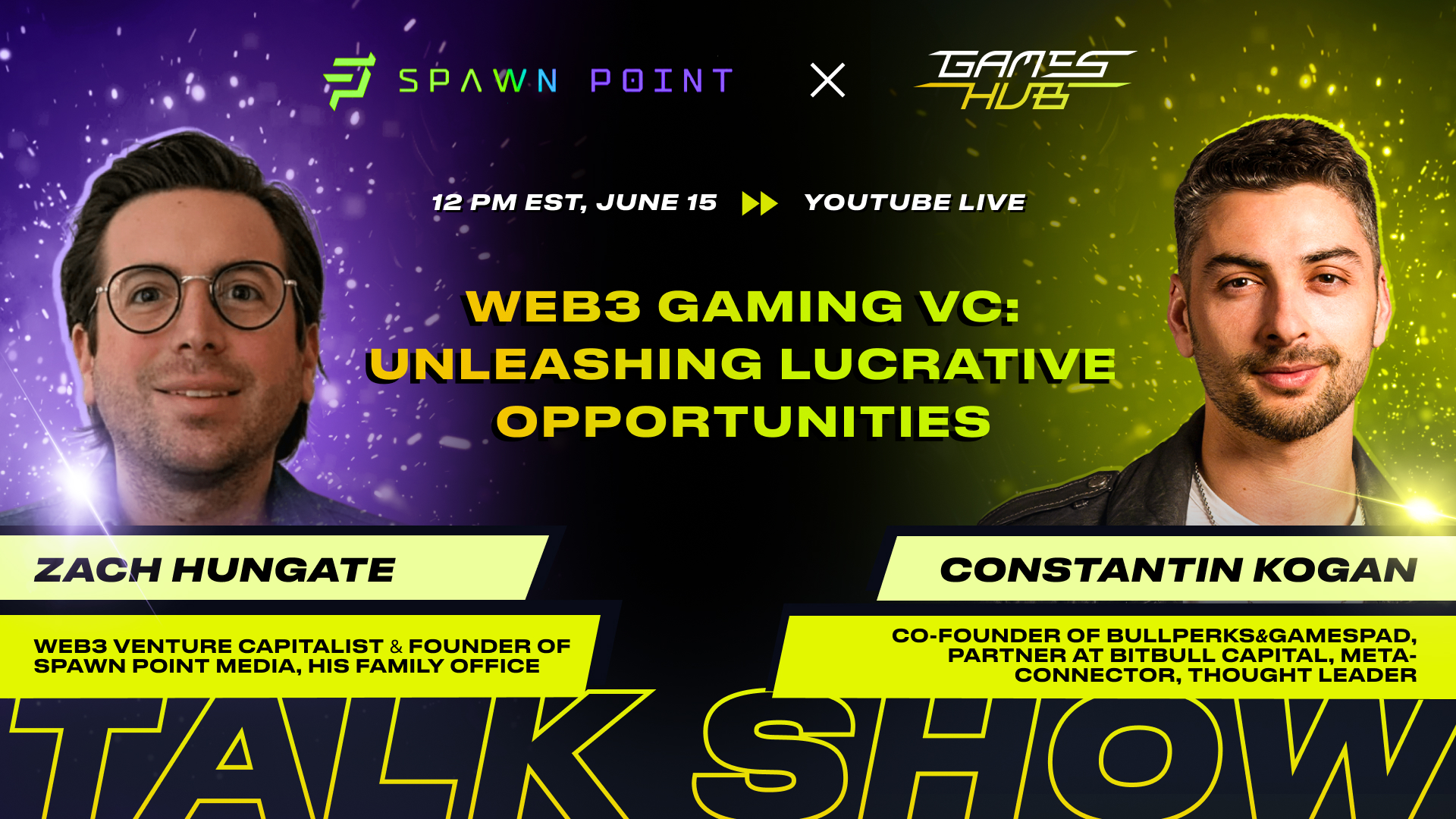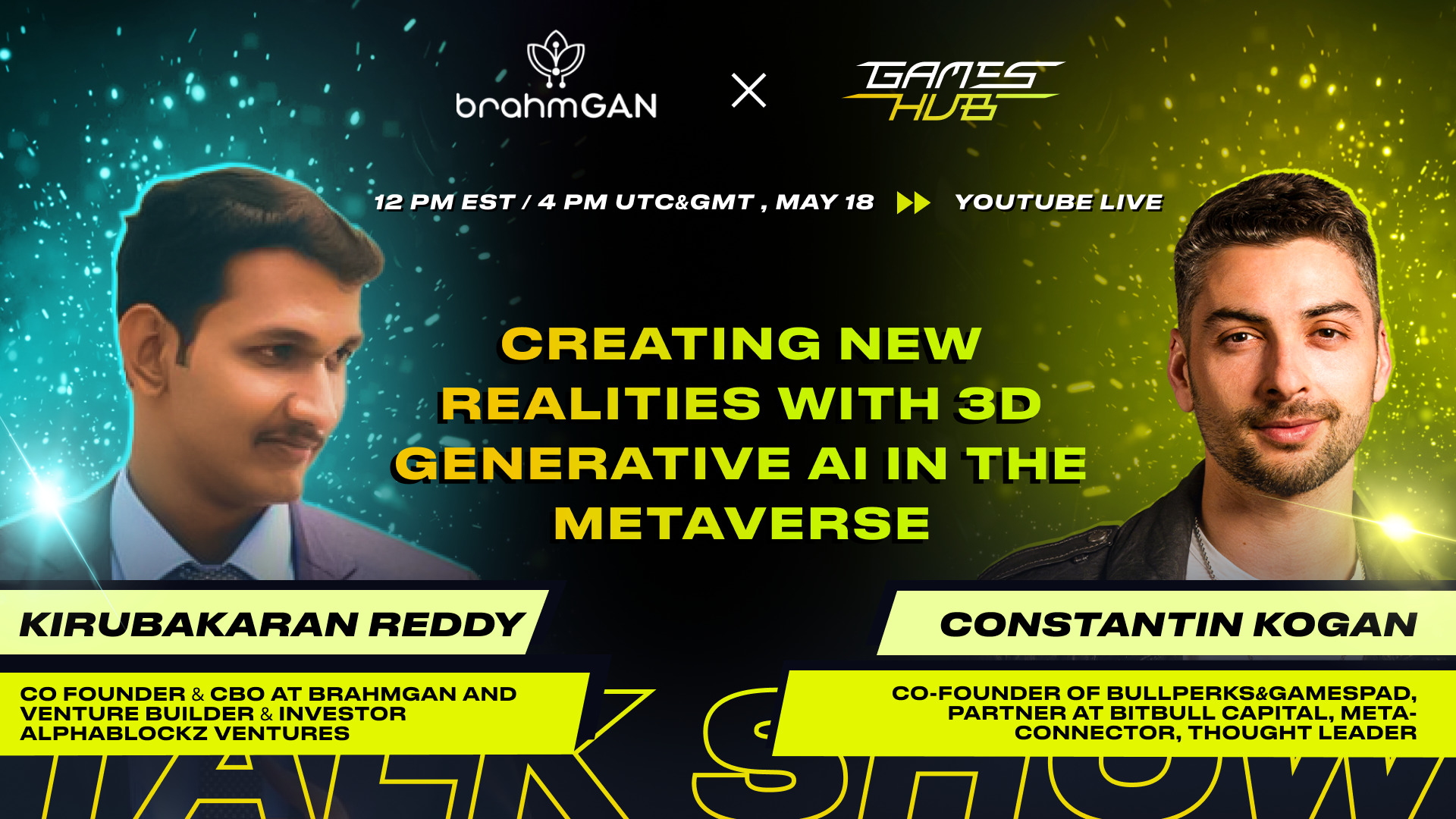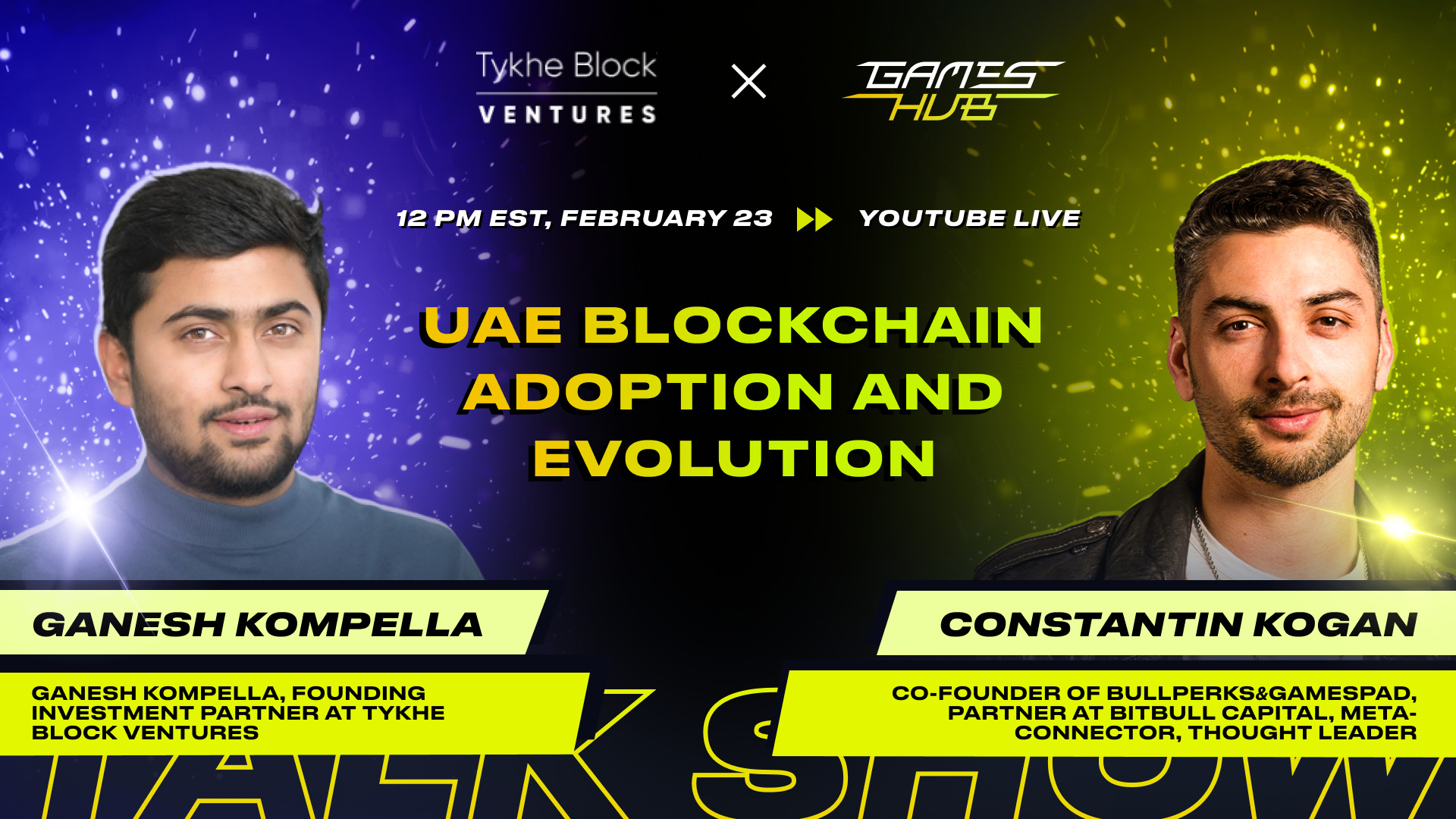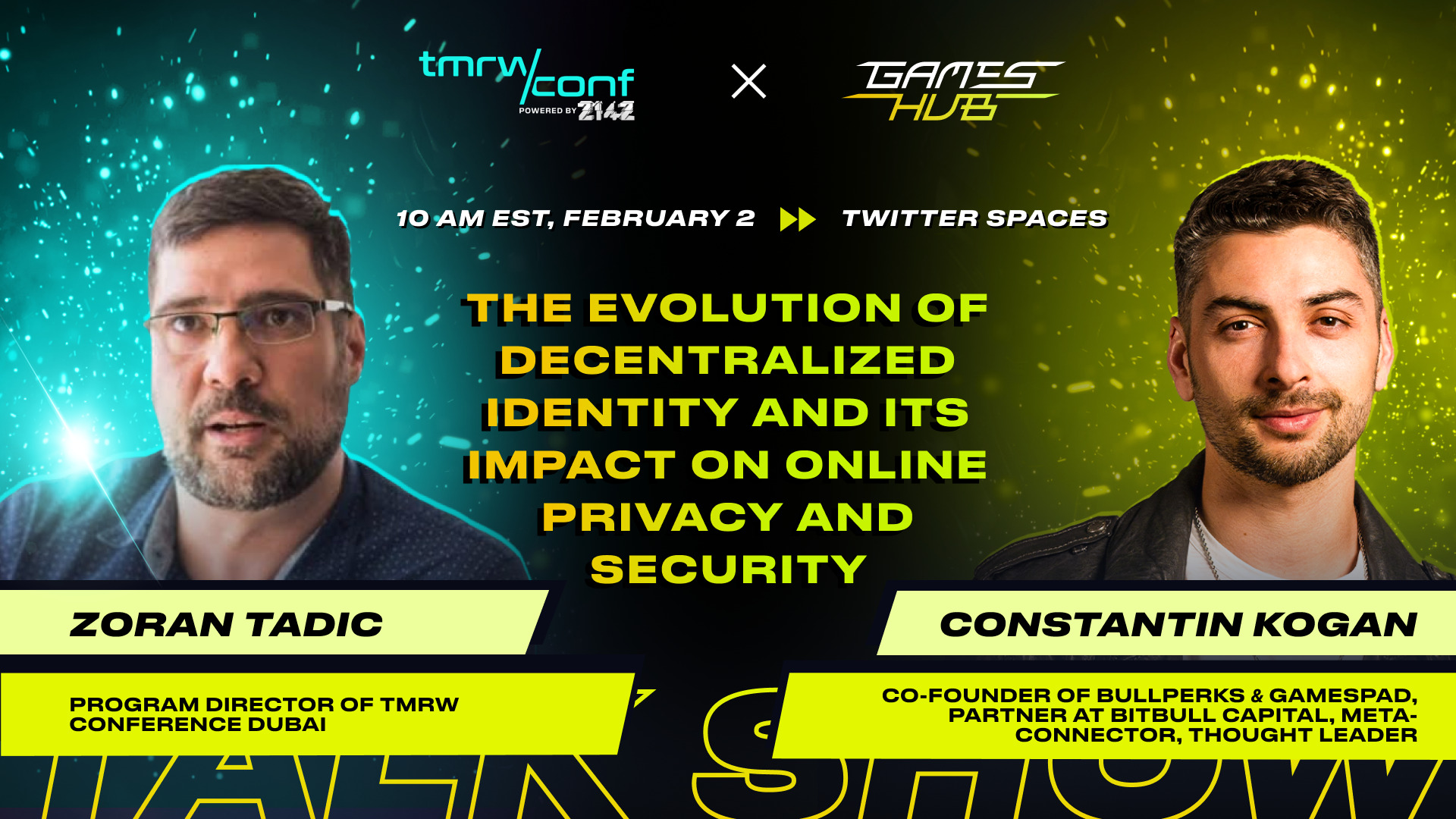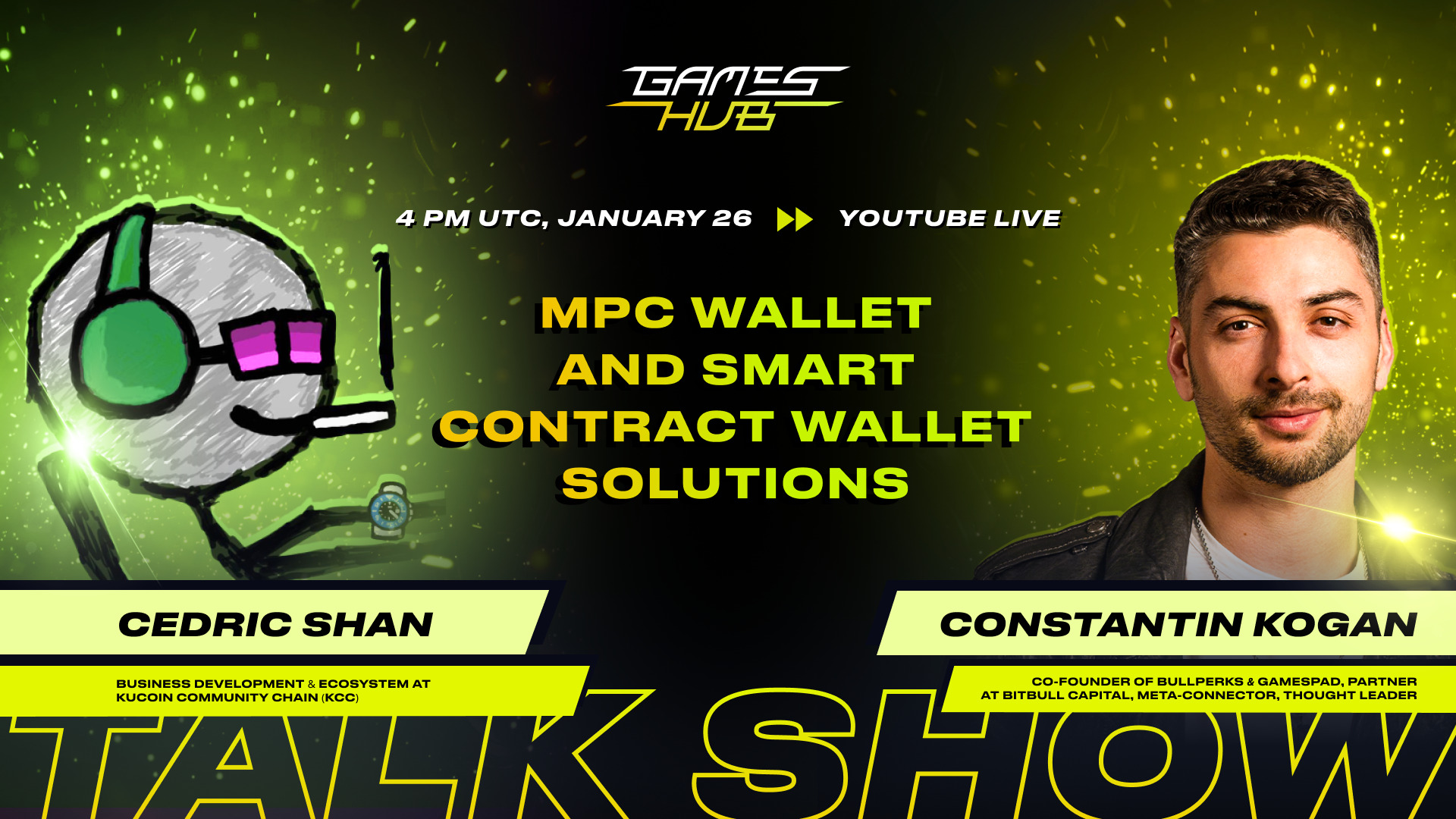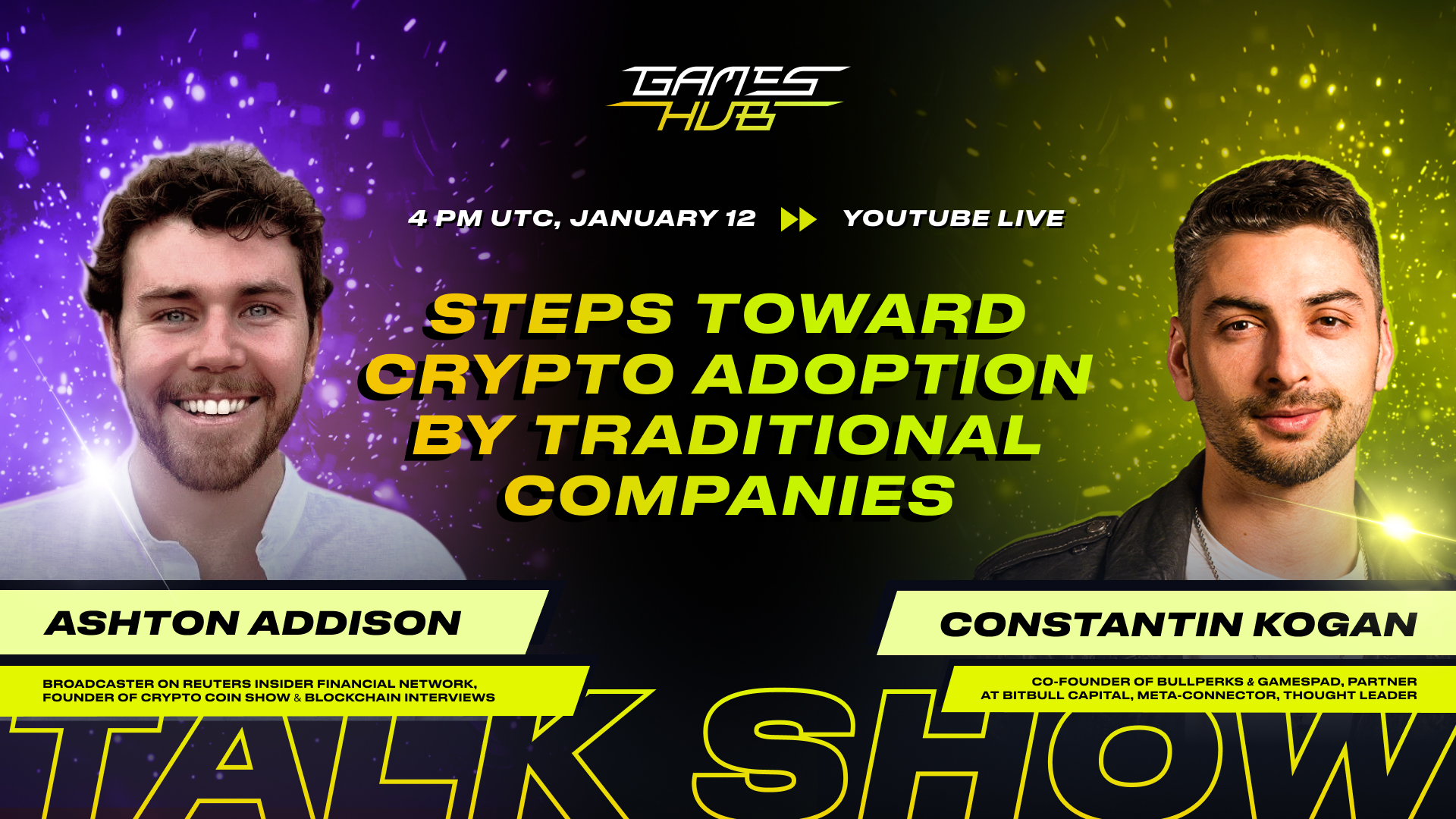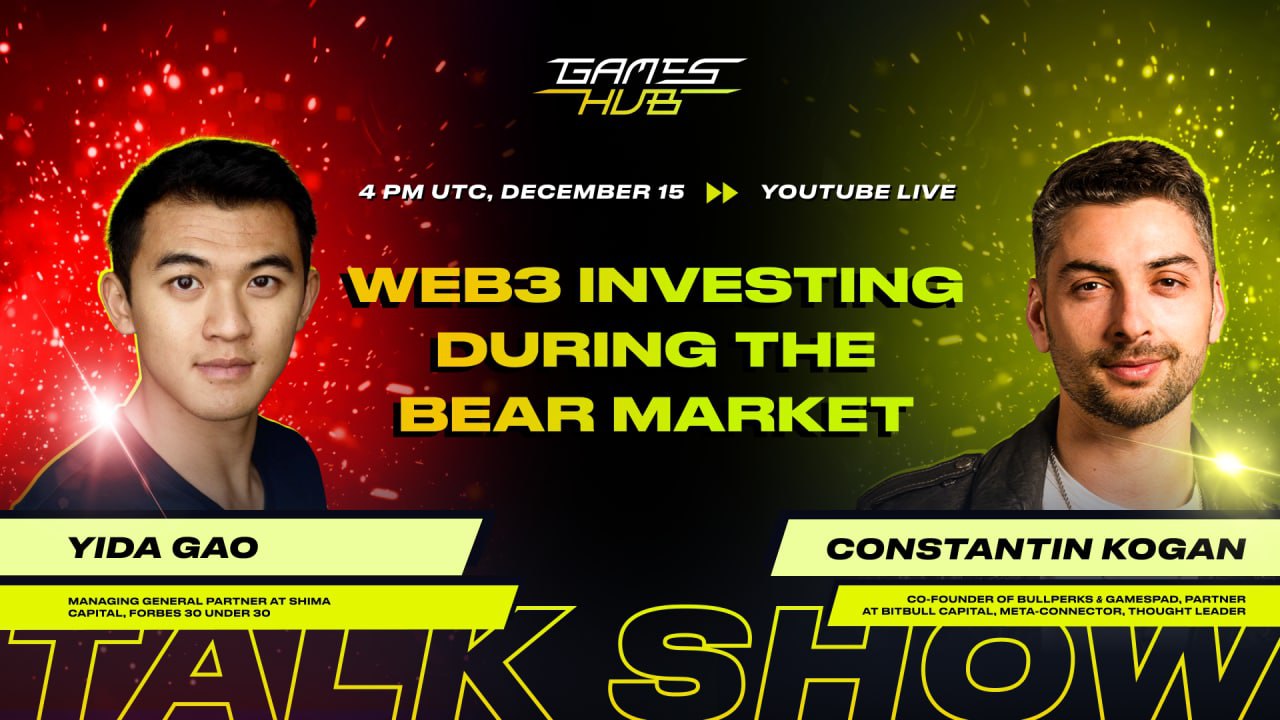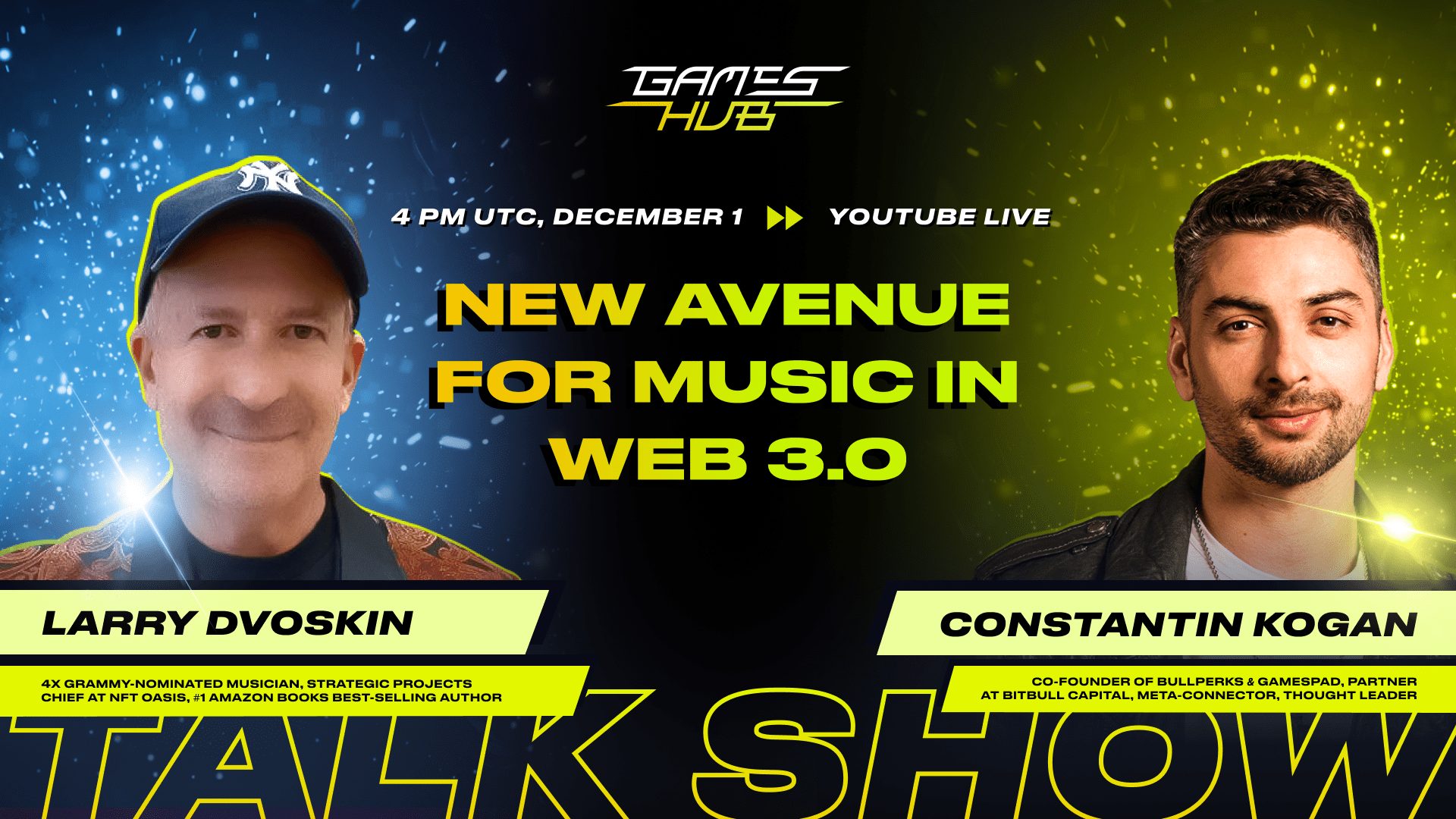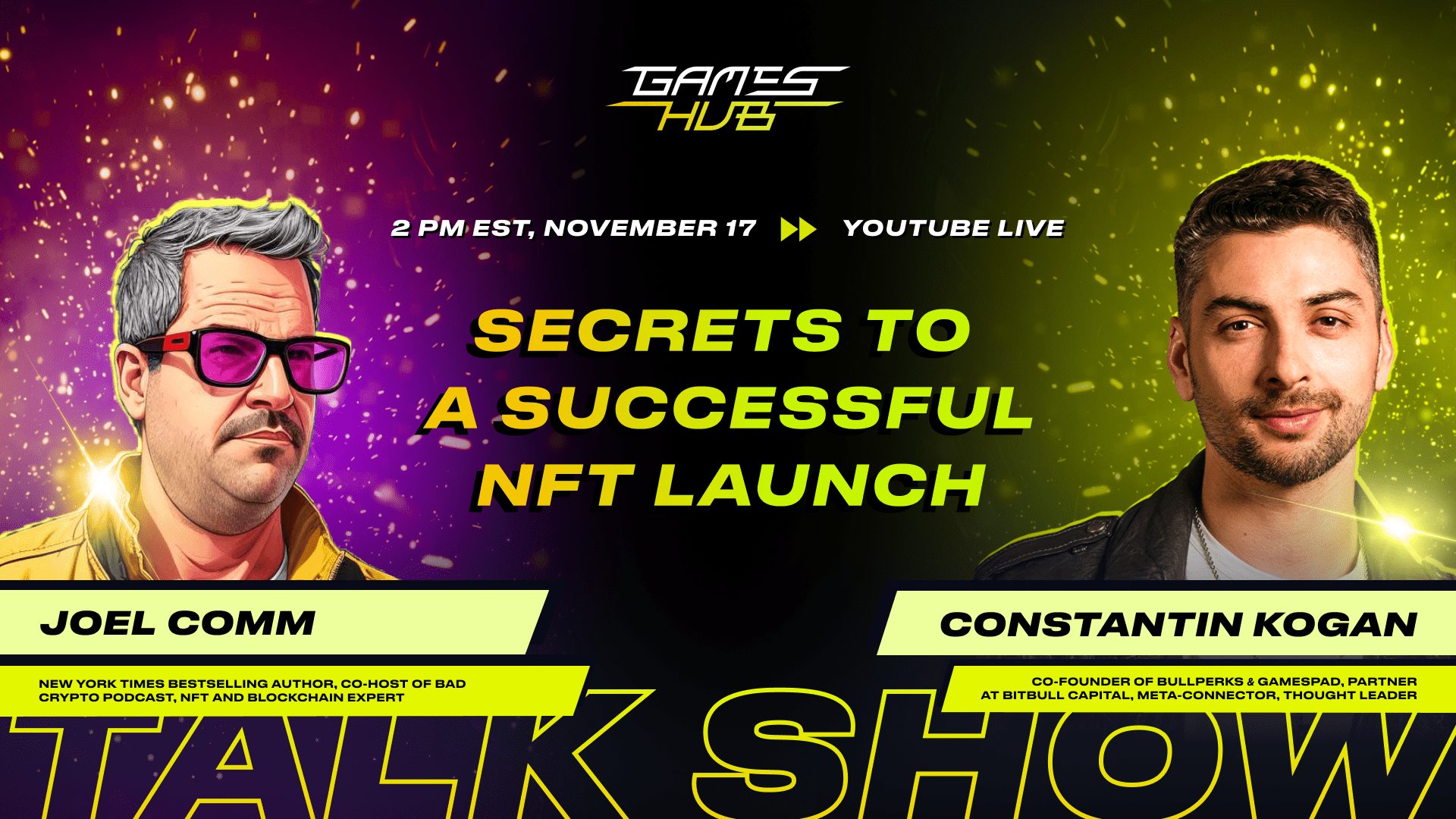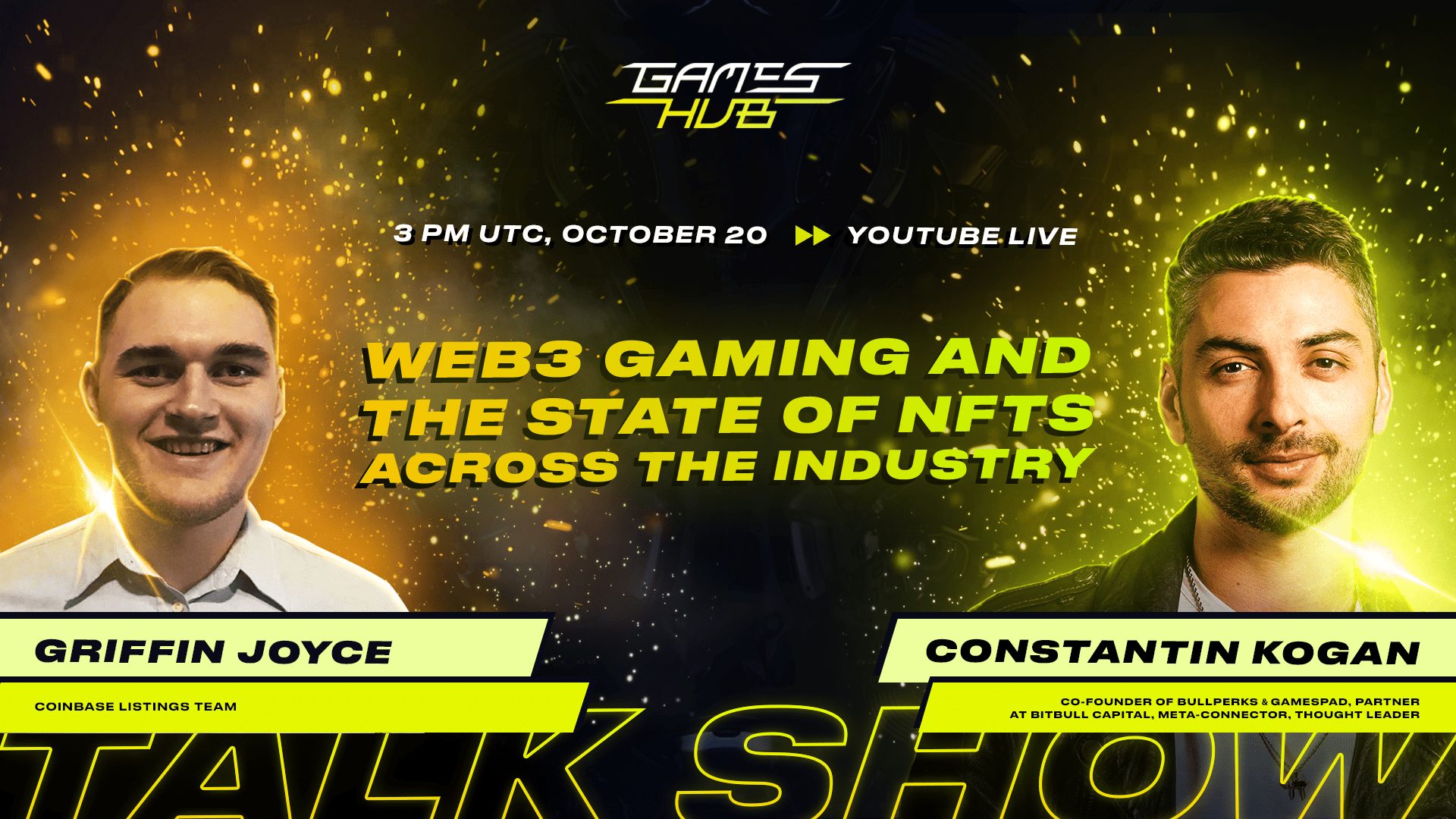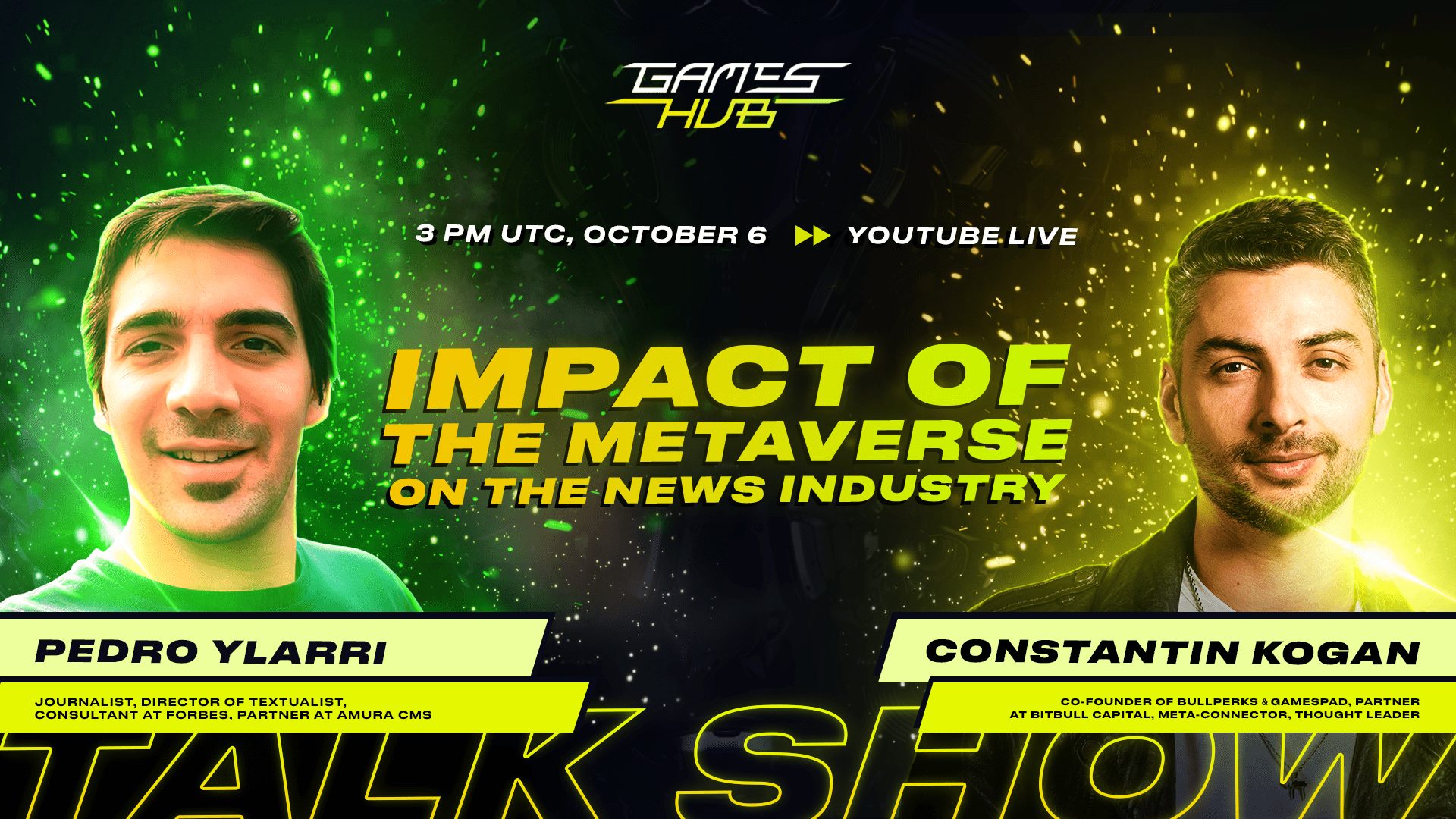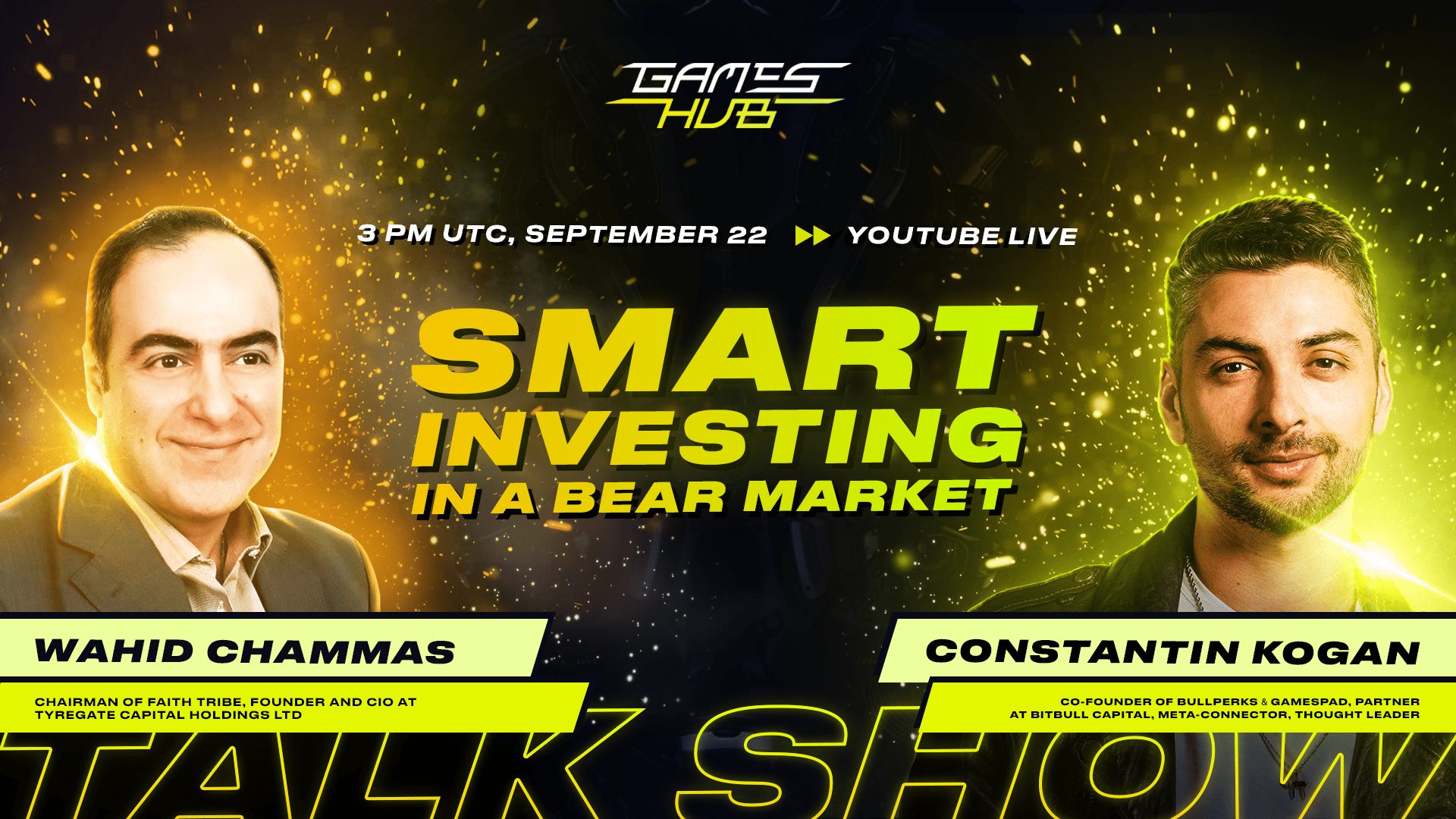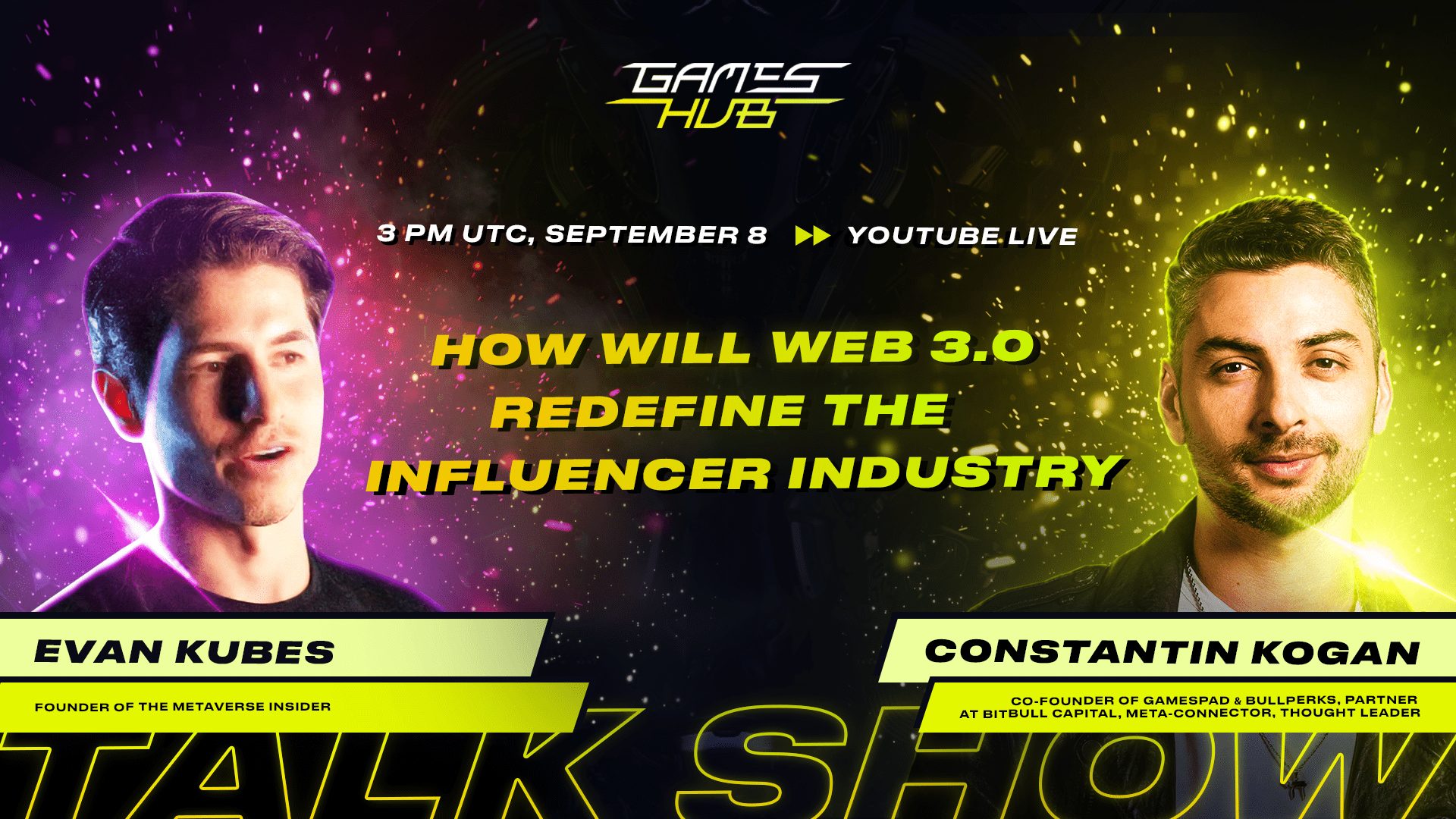GamesHUB #18 | How to Survive in the Bear Market: From DeFi to the Metaverse w/ OKX’s Arik Shinkarevsky

I think one of the things in tips I would actually recommend to everyone is just to keep grinding and figuring out the potential synergies on the market and using every opportunity you have. In particular, I think actually in 2018, one of the key drivers for me was actually providing initiative in the family office which kind of kept me inside of the crypto.
Otherwise prop trading back then was a really bad idea. Well, I just figured it out when I already got burned. But, as we experience things and then we learn, right? I think the key point here is, just trying to find the synergies within a neural network or, in general where you can learn and actually provide value.

I think it all depends on the learning curve of the person who is actually encrypted right now or planning to join. So for some people, I always recommend, just go and try to trade, lose a little bit of money, otherwise it’s kind of pointless and no one can actually go in one day become a pro, we all learn every day, right?
The space is super quick in terms of adoption and innovation. I think few things in particular to point out here, in terms of infrastructure, I would definitely have a look at East Sign, which is similar to DocuSign, but pretty much on-chain. You can sign the contracts on chain, act actual documents on-chain. This one is pretty good.
In terms of the current product, other things in particular there are a lot of tools which actually help people learn. I would say Dex Guru is a good one because they provide a lot of on-chain analytics and add an additional layer to actual aggregators in general which is pretty good.

Price discovery, both for NFT space and Dex is still to be innovated a lot. Blur is a good example of it, right? There is also another Dex, which is coming up with an interesting price discovery mechanism itself called Native. There are quite a few things to come up, but in particular, it would be on-chain analytics, AI- driven projects.
For example, Umi Yield, you can actually connect your wallet, right? You study your wallet, and then you would be able to see which miscellaneous contracts you might have signed or smart contracts with high levels of risk.
It all helps users in our space actually make more informative decisions in terms of what they might be having at stake or whether this contract is a drainer, whether this contract has some automation or stuff like this.

Personally, I don’t have a particular opinion on the Metaverse. I know that it’s all about the creation and destruction process.
People create as they experiment, they figure out that something is wrong, they destroy some of the features of the product, and then they rebuild. And that ultimately becomes a better version of the Metaverse product. In general, how I envision it is you’re familiar that there are too many games on the market right now, right? Too many GameFi projects on the market; some of them succeed, some of them succeed for a certain momentum; some of them never succeed.
So I think it’s all about figuring out the right way to approach and collect the data across different sources and aggregated in one place, and it makes the user experience as unique as possible so that it’d be closer to real world interactions, even though I think we are far away from it.




